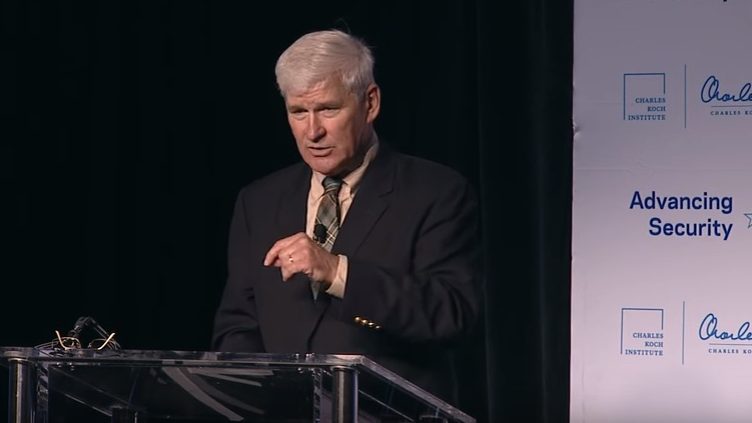Bacevich Discusses U.S. Military Withdraw from Germany on PBS NewsHour

Andrew Bacevich, Professor Emeritus of International Relations and History at the Frederick S. Pardee School of Global Studies at Boston University, appeared on PBS NewsHour to discuss the reduction of U.S. military forces from Germany.
The Trump Administration recently reiterated its plan to reduce U.S. military presence in Germany by half and relocate 2,000 troops to Poland. The move has led to bipartisan opposition in Congress as well as U.S. allies in Europe. Barcevich argues that U.S. military presence in Europe is largely to make it easier to intervene elsewhere – the Middle East of Afghanistan, for example – and this begs the question of whether or not the U.S. should be intervening in the Middle East or continuing a fight in Afghanistan.
An excerpt:
This interventionist impulse, which has been really the defining feature of U.S. national security policy since the end of the Cold War, simply has not delivered the goods.
I think pulling out of Europe, ending our security commitment should be one part of rethinking our overall security posture.
The full news story can be viewed here.
Andrew J. Bacevich is Professor Emeritus of International Relations and History at Boston University. A graduate of the U.S. Military Academy, he received his PhD in American Diplomatic History from Princeton University. Before joining the faculty of Boston University, he taught at West Point and Johns Hopkins. In 2004, Dr. Bacevich was a Berlin Prize Fellow at the American Academy in Berlin. He has also held fellowships at the Paul H. Nitze School of Advanced International Studies, the John F. Kennedy School of Government, and the Council on Foreign Relations. Read more about him here.